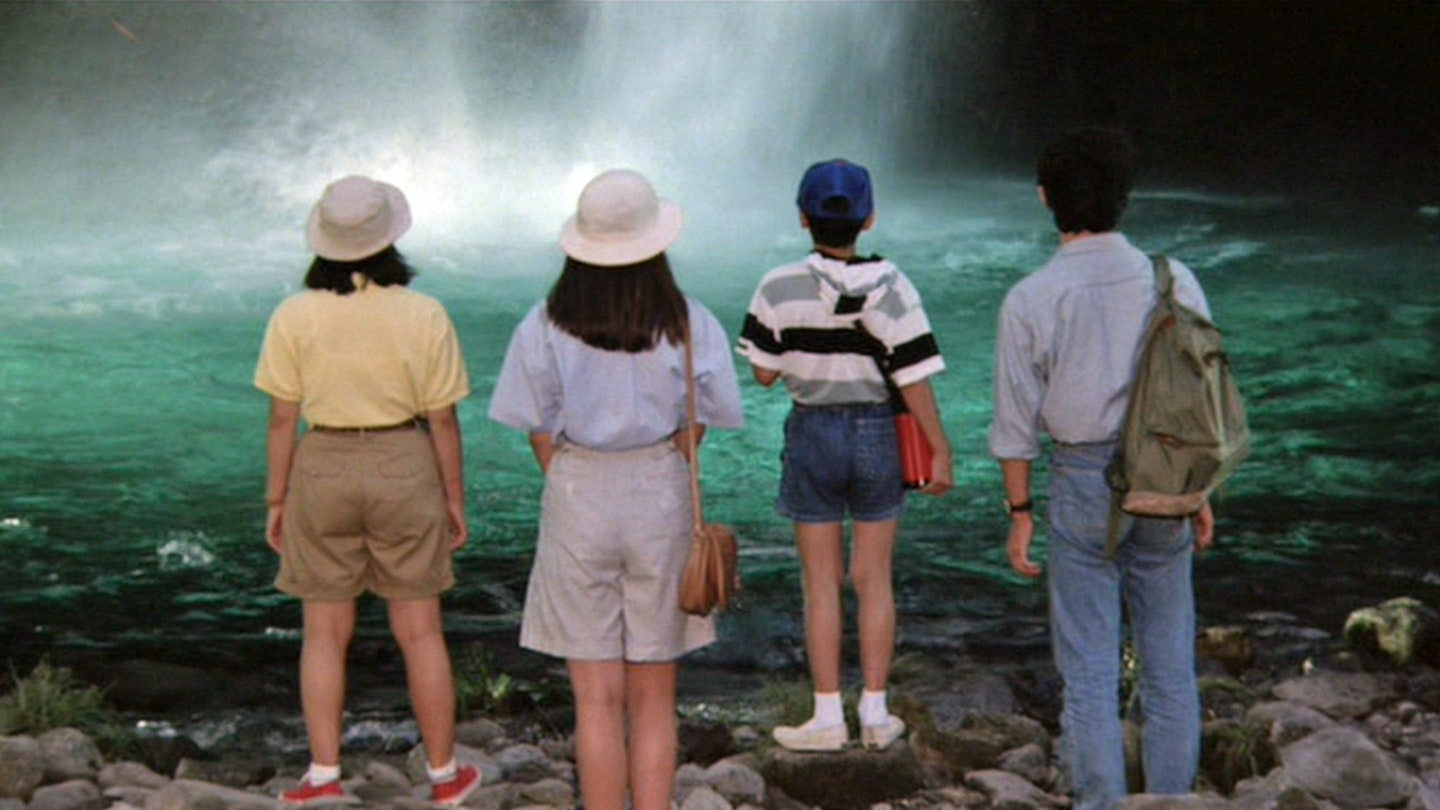Coming just a year after Dreams, Akira Kurosawa's Rhapsody In August marked a quickening of the great Japanese filmmaker's creative pulse just when, as he entered his 82nd year, his audience expected no more than two movies a decade.
Rhapsody In August is about family, both present and absent, and the imprint of history on ordinary lives. Here, it is the shadow of the bomb that dropped on Nagasaki on August 9, 1945. In the days around the 45th anniversary, four children are staying with their grandmother (Sachiko Murase), a survivor whose husband died in the cataclysm.
Her own children are in Hawaii as guests of her long-lost older brother, who before he dies wants to re-establish contact with the family left behind when he emigrated in 1920. The news that he exists at all throws everything up in the air: for the Westernised grandchildren it's an excitement which gives way to a renewed interest in America's biggest impact on their world, the bomb that destroyed their city; for their parents, it's an opportunity to escape to the space and prosperity of the newly discovered family's pineapple farm; for the grandmother, it stirs mixed memories. And every tension is heightened with the visit of the Japanese-American in-law, Clark (Richard Gere).
This is a subtle and beautifully observed actors' film; Gere, amazingly, is perfectly plausible as Clark-san, yet which Kurosawa raises to a higher, more poetic level with that deployment of landscape and rain for which he's famed.
At once healing and troubling, a final image of the family in flight during a tropical storm as children innocently sing on the soundtrack not only lingers in the mind but refuses to be glib or sentimental when, of all people, Kurosawa could be forgiven or even cheered for being just that.
